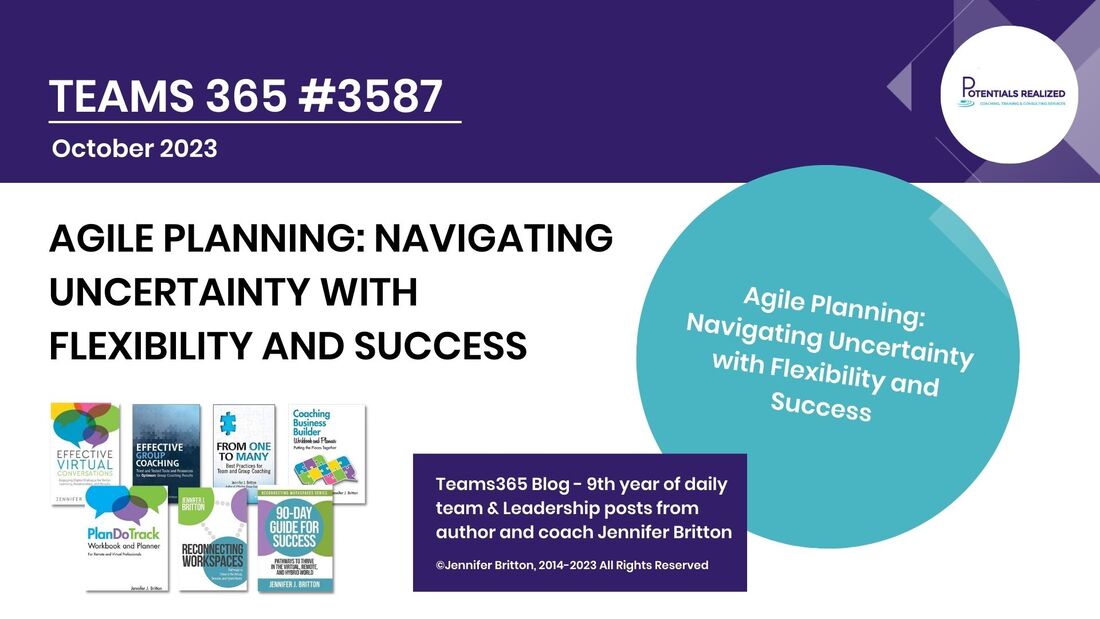Agile planning is characterized by several key principles:
- Iterative and Incremental Development: Agile planning breaks down a project into small, manageable increments. This iterative approach allows for regular assessments, adjustments, and continuous improvements.
- Customer-Centric Focus: At the core of agile planning is the customer. By involving customers in the process and adapting to their evolving needs and feedback, teams can deliver products or services that better align with market demands.
- Cross-Functional Collaboration: Agile planning promotes cross-functional teams where members from different areas collaborate closely. This encourages a more holistic approach to problem-solving and ensures that everyone is on the same page.
- Adaptability to Change: Unlike traditional planning, agile embraces changes rather than avoiding them. It recognizes that changes are inevitable and incorporates them into the planning process. This approach allows for quick responses to shifts in the market or customer preferences.
- Frequent Inspections and Adaptations: Regular checkpoints and reviews are crucial in agile planning. These enable teams to assess progress, identify areas for improvement, and make necessary adjustments promptly.
- Transparency and Communication: Open and transparent communication is a cornerstone of agile planning. Team members share information, challenges, and progress openly to foster a better understanding of the project's status.
- Focus on Delivering Value: Agile planning prioritizes delivering valuable, working products or services quickly. This ensures that customers receive benefits early in the process.
- Empowered Teams: Agile teams are given the autonomy to make decisions and solve problems independently. This empowerment fosters a sense of ownership and accountability.
- Continuous Learning and Improvement: Agile planning encourages a culture of learning from experiences and making continuous improvements. This approach helps teams refine their processes and deliver better results over time.
Agile planning is not a one-size-fits-all solution, and its implementation can vary depending on the context and specific needs of the project. Popular methodologies that embrace agile principles include Scrum, Kanban, and Extreme Programming (XP). These methodologies provide frameworks and guidelines for teams to implement agile planning effectively.
In a world where change is the only constant, agile planning equips teams to navigate uncertainty, adapt to evolving requirements, and deliver value to customers more efficiently. By embracing agile principles and practices, organizations can remain competitive, respond to customer needs effectively, and ensure that their projects stay relevant in a dynamic and ever-changing environment.
Potentials Realized |Reconnecting Workspaces | Group Coaching Essentials
Team and Leadership Development | Coaching | Retreats
Follow us on Instagram @ReconnectingWorkspaces
Follow us on TikTok at https://www.tiktok.com/@groupcoach
Phone: (416)996-8326
Reach out to book a conversation regarding how your team can benefit from the Everything DiSC. Send an email to Jennifer OR book a call
Check out my TEDx talk on Coaching Teams Through Chaos and the Six Factors™
Looking to bring your workplaces back together, whether you are remote, hybrid, or face-to-face? Pick up a copy of my new book, Reconnecting Workspaces, at Amazon.

 RSS Feed
RSS Feed





